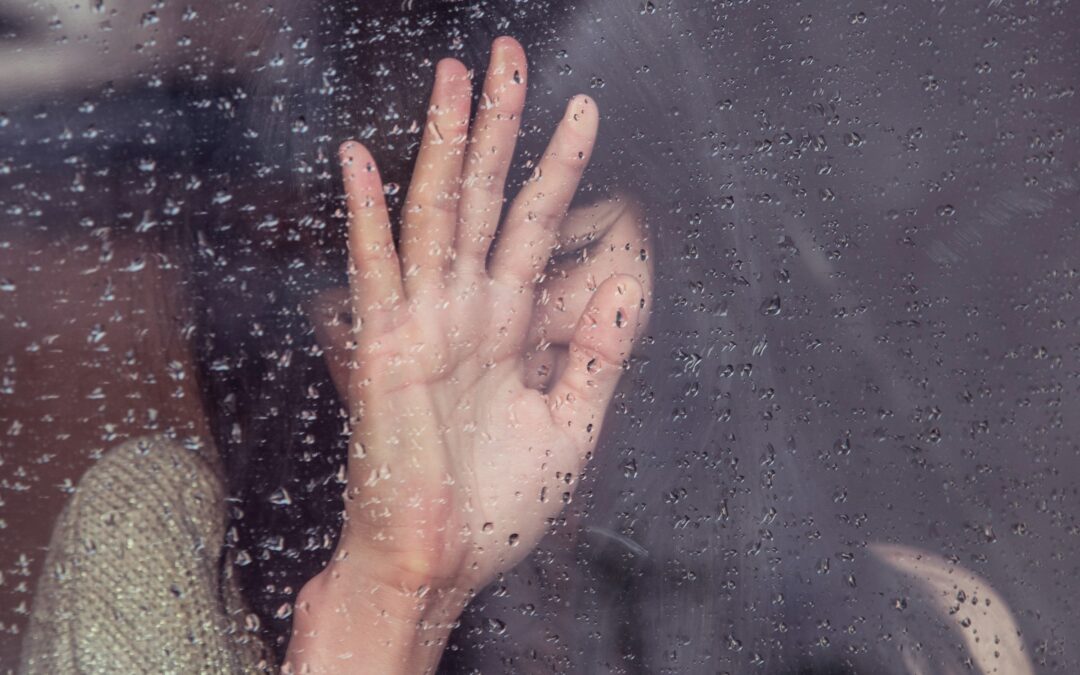June 28, 2023
The writer of this article wishes to remain anonymous.
I am an adult survivor of childhood abuse. The effects of the abuse have stayed with me throughout my lifetime. My story is different from other survivors in some respects, but it is also the same—overwhelming emotional pain. I struggled with trying to keep the abuse I suffered quiet so no one would know. One lie I told myself was that this friend or that friend had it worse than me. I went to school hungry, covered my bruises, and tried to think I wasn’t as bad and unlovable as my mother told me I was. I thought it was too much to bear when I was only 14 and took an overdose of my mother’s sleeping pills. Abused children are targets for victimizers, and a year later I was brutally raped by an older boy. I felt devastated, hopeless, and started drinking to try to numb all the pain inside.
In my early twenties I started working at a fitness gym and decided alcohol was fattening. I quit drinking and started throwing up instead. Bulimia took over my life because it was a way to get rid of the pain and stress without hurting anyone but myself. I never wanted to hurt people the way I had been hurt.
The tentacles of abuse
My mother abused both my father and me. When you live in an abusive and dysfunctional home you learn to separate yourself from your emotions. Even so, it was frightening watching my mom attack my dad with such anger, and with such vicious words.
Later in life I learned I suffered from post-traumatic stress disorder (PTSD) from being threatened myself, and from seeing my mom try to kill my dad; first with a baseball bat and years later by stabbing him.
In my mid-twenties my depression was so overwhelming I found myself sitting on the kitchen floor with a razor blade stuck in my wrist, wanting nothing more than to pull it across and let all the pain ooze out onto the floor and be gone.
I realized I needed help. I spoke to my bishop who had me read an article by Dr. Carlfred Broderick that gave me hope I could overcome my abuse. Then I saw my first therapist at an eating disorder clinic. I was embarrassed and didn’t want anyone to know because of the stigma involved. There is always shame, however the pain and heartache doesn’t leave you just because you become an adult, it manifests itself in different ways for different people. A lot of survivors have eating disorders, or alcohol or drug addictions.
A multi-generational tragedy
My mother developed borderline personality disorder (BPD) as a result of being physically, emotionally, and verbally abused by her mother, along with being sexually abused by an older brother. She woke me up in the night when I was a teen to tell me the terrible things that had happened to her. She also abused prescription drugs. Knowing her story may have helped me in some strange way.
My mother was not able to overcome what had happened to her, so she abused me in turn. About 30% of adult survivors will abuse their own children. This is too many. We need to reach out and help those who are suffering as adults as much as we want to help the children who are being abused.
What can you do?
First never question or say something couldn’t be true. If a person trusts you enough to open up to you, just listen. Sometimes they simply need a sound board, and not have someone tell them what they need to do.
Second, be attentive and do not judge. I have been told I was a liar and told to ‘just get over it.’ This hurts a person who is trying to heal. Severe abuse is not something you can get over on your own. Most survivors battle low self-esteem, depression, and suicide ideology. As survivors age there are health risks such as diabetes, lung disease, bowel disease, heart problems, arthritis, and cancers. What is needed is the support of friends and loved ones, not judgment.
Third, they may need help finding the resources available to them such as HAVOCA, ASCA, or RAINN. I had no idea how to get help, or that I even needed it. However, talking to people who had been through similar circumstances helped me, as did working through the Adult Survivors of Childhood Abuse (ASCA) steps in the Survivor to Thriver manual. There are online programs, as well as in person programs. You can help survivors find the program that is best for them.
______________________________________________________________________________
References
Lippard, E. T. C., Nemeoff, M. D. (2010, Sep 20). The devastating clinical consequences of child abuse and neglect: Increased disease vulnerability and poor treatment response in mood disorders. The American Journal of Psychiatry. https://doi.org/10.1176/appi.ajp.2019.19010020
Child Welfare Information Gateway. (2019, April). Long-term consequences of child abuse and neglect. Washington, DC: U.S. Department of Health and Human Services, Administration for Children and Families, Children’s Bereau. https://www.childwelfare.gov/pubPDFs/long_term_consequences.pdf

